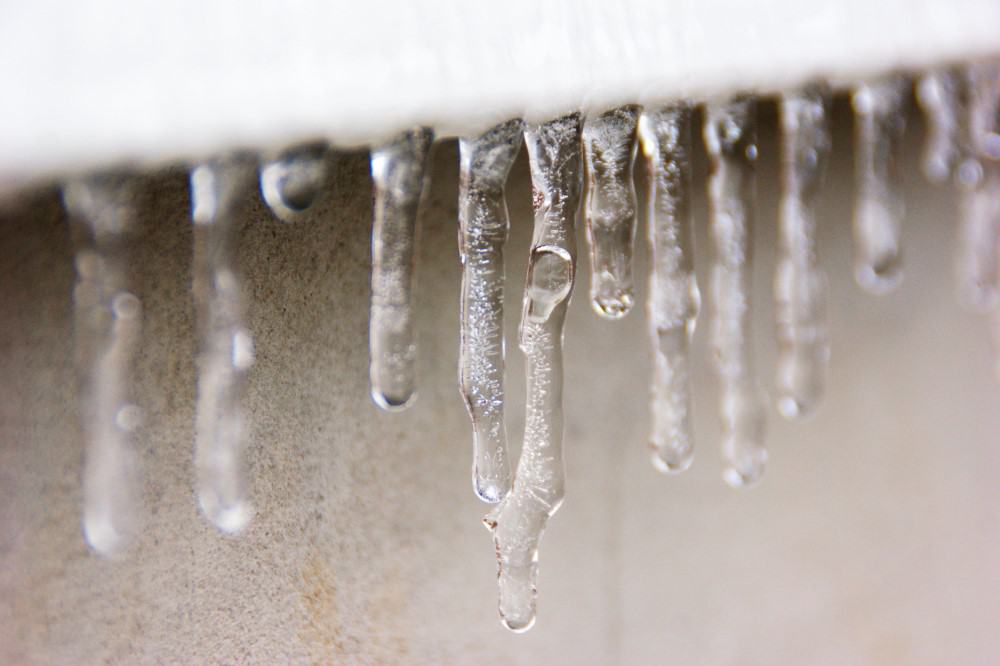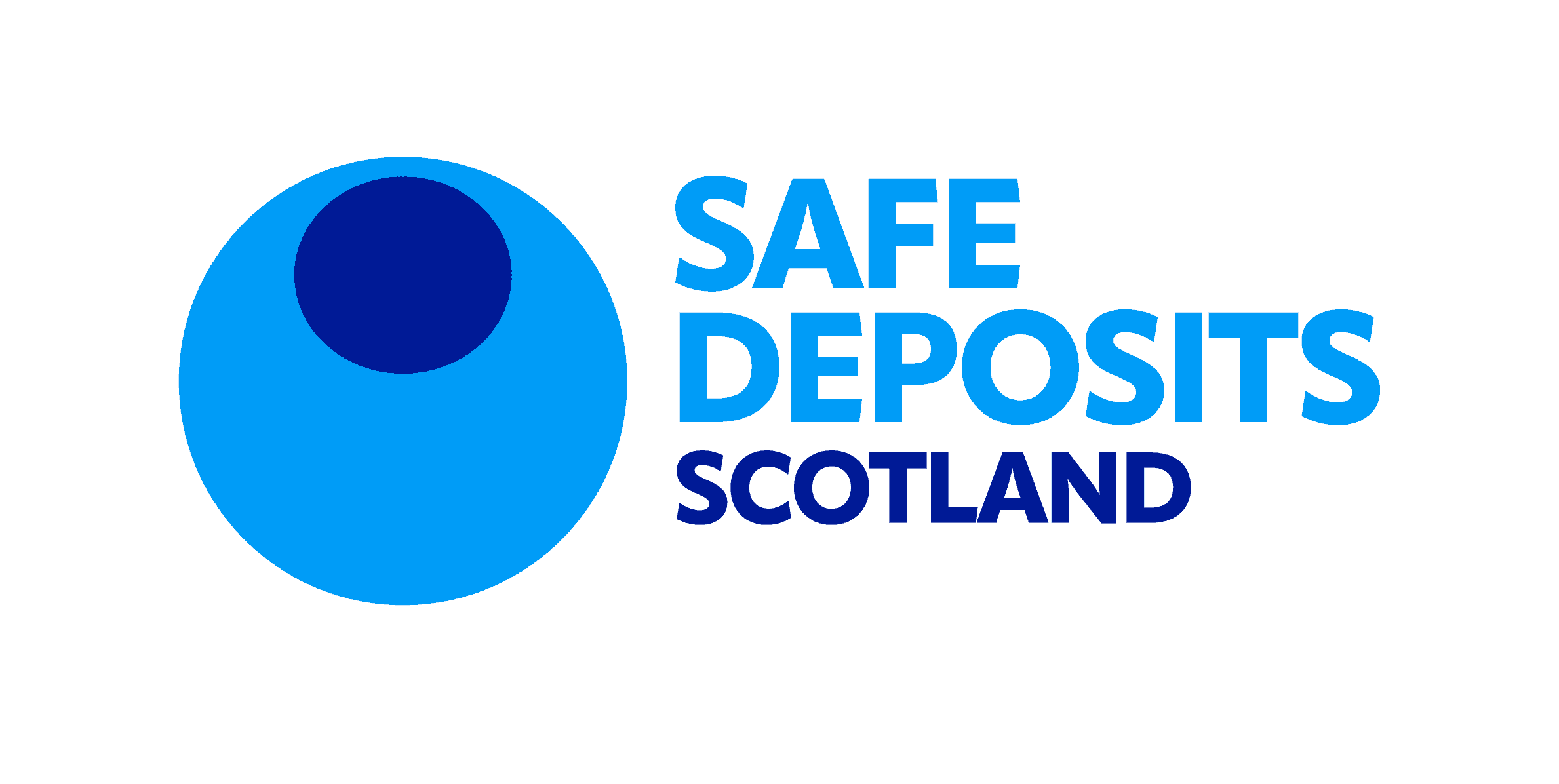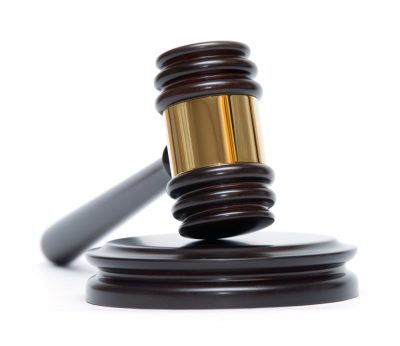The current rent freeze in Scotland is set to end soon on the 31st of March. The freeze, initially put in place by the Scottish Government under the Cost of Living (Tenant Protection) (Scotland) Act 2022 has been in place since 6th September 2022. The freeze was initiated as a means of easing the financial burden of the cost-of-living crisis, as well as the aftermath of COVID-19, on tenants. It was originally intended to last until March 2023, but was extended twice. The measures that were put in place set the rent cap at 3% outside of certain circumstances.
Rent arrears during the rent freeze
The rent freeze generated much debate and discussion in the private rented sector, with various groups having their say. SafeDeposits Scotland is an impartial organisation whose function is to protect tenancy deposits in line with Scottish legislation and in terms of rent related matters, its involvement comes in the event that a landlord or letting agent seeks to make a claim against a deposit for rent arrears. Whilst not necessarily a reflection of the impact of the rent freeze, the following figures provide an insight into rent arrears trends in recent years – including the rent freeze period.
In the 2020/21 financial year which was largely dominated by COVID-19 and lockdowns, 15% of dispute cases handled by SafeDeposits Scotland involved rent arrears. The average rent arrears claim during this time was £343. In 2021/22, where the freeze was in place for half of this duration, rent arrears accounted for 11% of dispute cases and there was a lower average of £164. In 2022/23 both figures increased with 12% of dispute cases relating to arrears and an average claim of £407. Whilst the financial year for 2023/24 has not yet ended, at 31st December 2023 the year to date statistics showed 8% of dispute claims involving rent arrears and a notably higher average rent arrears claim of £660.
In terms of percentage of dispute cases where rent arrears are involved, the number has stayed relatively low for the most part, with a decline, slight rise, and then decline again. Interestingly, the percentage of cases has almost halved since before the rent freeze. However, the average amount claimed in arrears, despite a drop in the first year of the freeze, has continued to climb, now sitting at almost double what it was in 2020/21, and roughly £500 higher than it was in the first year of the freeze.
The rise in value of rent arrears claims is perhaps reflective of a turbulent few years ranging from COVID-19 to the cost-of-living crisis. Although these statistics suggest a decline in the quantity of rent arrears disputes, for those who are involved in such disputes the increase in value points towards a bigger issue. The figures imply that the cost-of-living crisis has still made it difficult for some people to afford their rent, and so the average amount has continued to climb. Following three years of fluctuating trends in rent arrears dispute statistics, it is unclear what effect, if any, the imminent end of the rent freeze will have on this area of tenancy deposit disputes.
Dealing with rent arrears
Whilst the current guidelines also prohibit enforced evictions, this will end with the rent cap on 31st March. Both tenants and landlords will need to be prepared for when this happens; tenants who have racked up rent arrears could potentially face eviction from their property. SDS Resolve is a free mediation and conciliation service which is completely impartial and aims to assist tenants and landlords to come to an amicable agreement in mid-tenancy disputes, including those relating to rent arrears. The service, operated by SafeDeposits Scotland, is useful for both parties to find an alternative to eviction, such as agreeing on a repayment plan that is affordable for the tenant.











